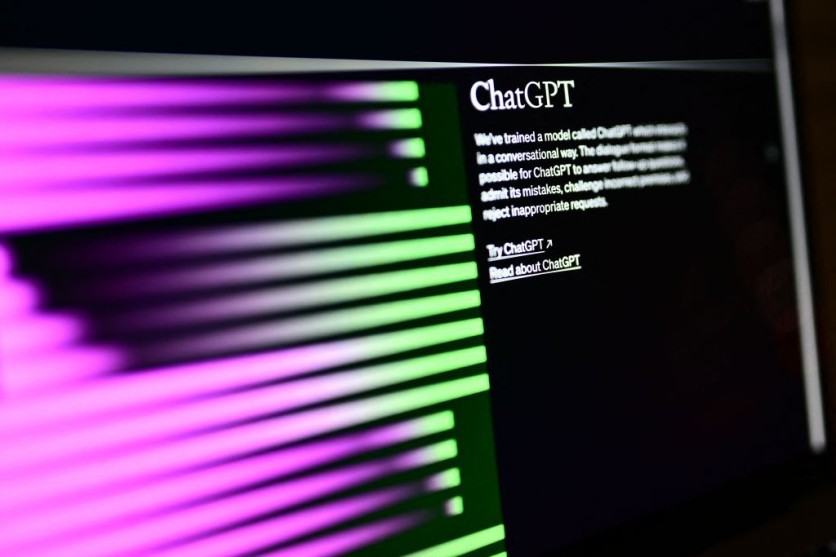ChatGPT maker OpenAI and its major supporter Microsoft find themselves entangled in a web of lawsuits, raising questions about the use of copyrighted content in training their large language models (LLMs).
As we previously reported, the lawsuits led by renowned writers allege unauthorized usage of copyrighted works, setting the stage for a legal showdown that could reshape the landscape of AI development.

OpenAI: 'Impossible' to Train AI Without Copyrighted Material
The Guardian reports that OpenAI, responding to inquiries from the House of Lords Communications and Digital Select Committee, made a startling admission: training cutting-edge AI models like ChatGPT is "impossible" without tapping into copyrighted materials (via Engadget).
The company argued that contemporary copyright laws encompass a vast array of human expression, including blog posts, photographs, forum discussions, code snippets, and governmental documents.
Limiting training data to antiquated public domain works, OpenAI contends, would yield AI systems inadequate for the needs of today's citizens.
Read Also : Apple Is Looking to Reinvent Xcode with AI Code Completion & AppleCare's AI-Supported Troubleshooting
AI Training Lawsuits Against OpenAI
While OpenAI maintains its compliance with copyright laws, recent lawsuits present a different narrative. The New York Times (NYT) has taken legal action against OpenAI and Microsoft, alleging the "unlawful use" of its content accounting for the "billions of dollars in statutory and actual damages."
The NYT claims that ChatGPT provided users with "near-verbatim excerpts" from paywalled articles, leading to accusations of intentional manipulation of prompts by OpenAI.
OpenAI counters that the lawsuit is without merit and reveals ongoing negotiations with the NYT for a "high-value partnership."
The legal battles extend beyond the NYT, with notable authors like John Grisham, Jodi Picoult, and George RR Martin joining forces against OpenAI in a September lawsuit, accusing the company of "systematic theft on a mass scale."
Getty Images and music publishers, including Universal Music, have also filed lawsuits alleging copyright breaches related to the training of AI models.
What's Next?
In a recent blog post, OpenAI emphasizes its support for journalism, partnerships with news organizations, and belief in the legality of its training practices under the fair use doctrine.
The company acknowledges the need for continued efforts to support and empower content creators, revealing measures such as allowing publishers to block web crawlers and developing mechanisms for rightsholders to opt out of training.
The House of Lords submission sheds light on OpenAI's perspective, asserting that copyright law does not forbid training.
Additionally, OpenAI expresses commitment to independent analysis of its security measures and endorses "red-teaming" to ensure the safety of its AI systems.
The company is among those collaborating with governments to conduct safety testing on powerful models, showcasing a commitment to responsible AI development.
With the ongoing legal proceedings, the AI industry's and content creators' future hangs in the balance.
The lawsuits highlight the importance of finding harmony between technological progress and protecting intellectual property. They also bring up concerns about the future of AI models and the ethical responsibilities of developers when it comes to copyright laws.
Stay posted here at Tech Times.
Related Article : Renowned Authors Sue OpenAI and Microsoft, Alleging Massive Copyright Theft for AI Training

ⓒ 2025 TECHTIMES.com All rights reserved. Do not reproduce without permission.




